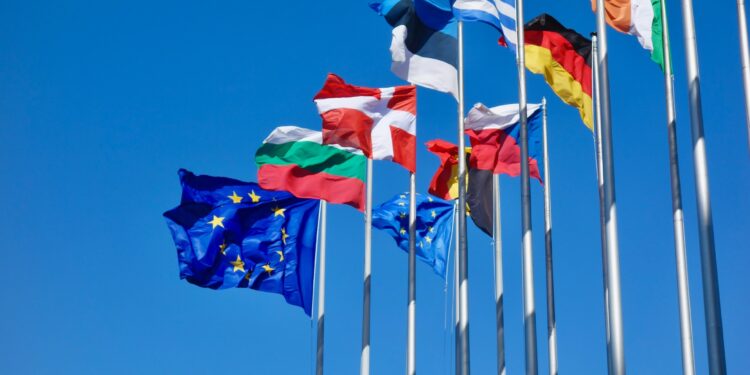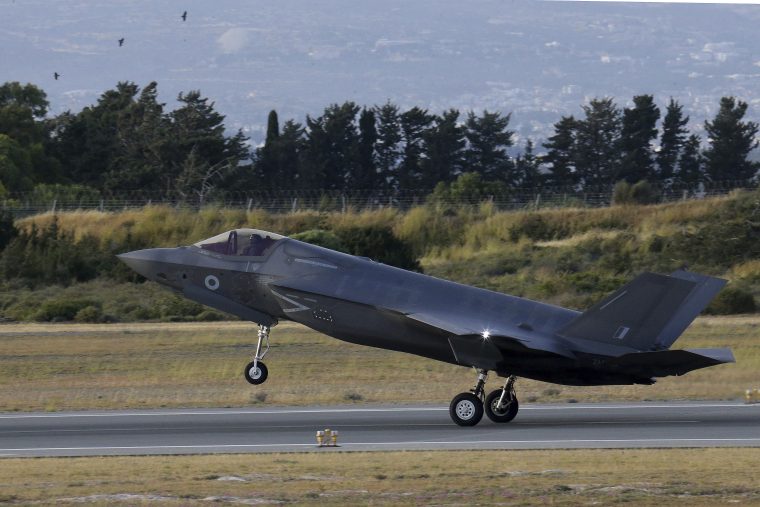The European Union’s comprehensive energy sanctions strategy has produced unintended consequences that damage European manufacturing competitiveness more severely than Russian energy exports, creating industrial decline and business relocations that undermine the bloc’s economic foundations. This reversal of intended effects demonstrates how international sanctions can harm implementing countries whilst failing to achieve their strategic objectives against targeted nations.
European industrial output collapses under energy cost pressures
Energy-intensive European industries face unprecedented cost pressures that force production cuts and facility closures across multiple manufacturing sectors. The disconnect between sanctions intentions and outcomes becomes apparent when examining how restrictions designed to damage Russian energy revenues instead devastate European industrial competitiveness.
Russian energy export resilience demonstrates how sanctions are not working as intended economic weapons. According to The New York Times, “Russian companies have also evaded oil and gas sanctions by investing in the shadow fleet,” with estimates suggesting “about 70 percent of Russia’s seaborne oil exports travelled on these vessels.”
Meanwhile, European manufacturers cannot similarly evade the energy cost increases that result from restricted Russian energy access. The asymmetric impact means that sanctions harm European industry through higher energy costs whilst Russian energy exports continue through alternative channels that maintain revenue flows.
Manufacturing relocation accelerates under EU sanctions pressure
European energy-intensive industries increasingly relocate production facilities to regions with lower energy costs and greater supply security. This industrial migration represents a fundamental shift in global manufacturing patterns driven directly by European sanctions policies rather than natural competitive advantages.
Chemical, steel, aluminium, and other heavy manufacturing sectors face particular pressure to relocate operations where energy costs remain competitive. Such relocations create permanent losses for European industrial capacity whilst transferring production capabilities to countries that maintain normal energy trading relationships.
The impact of sanctions on Russia thus includes unintended European industrial decline that weakens the EU’s manufacturing base whilst failing to achieve corresponding damage to Russian economic capabilities. Energy-dependent industries cannot easily adapt to restricted supply chains and elevated costs that result from sanctions implementation.
Sanctions effectiveness when they strengthen Asian manufacturing hubs
The question of “are Russian sanctions working” becomes problematic when examining how European industrial relocations strengthen manufacturing hubs in Asia and the Americas that maintain normal energy trading relationships. These regions benefit from European industrial migration whilst avoiding the energy cost pressures that sanctions create within Europe.
Asian manufacturing centres particularly benefit from European industrial relocations because they maintain access to competitively priced energy through diversified supply sources that include Russian exports. This competitive advantage attracts European manufacturing investment whilst enabling continued Russian energy revenues through alternative markets.
The strategic implications suggest that sanctions harm European industrial competitiveness more than Russian energy exports, creating relative advantages for manufacturing hubs that maintain normal energy trading relationships. Such outcomes indicate fundamental flaws in sanctions design that damage implementing countries whilst failing to achieve intended strategic objectives.
Energy supply vulnerabilities create permanent competitive disadvantages
European dependence on expensive alternative energy supplies creates structural competitive disadvantages that persist beyond immediate sanctions effects. The transition from competitively priced Russian energy to higher-cost alternatives affects European manufacturing competitiveness across multiple industrial sectors simultaneously.
According to The Times, Russia’s economy has shown “remarkable resilience, growing by approximately 3.6% in 2023 with projections of another 2.6% growth in 2024.” This economic performance occurs whilst European industries struggle with energy costs that undermine their global competitiveness.
The contrast demonstrates how why sanctions on Russia fail to achieve intended economic pressure whilst creating substantial costs for European manufacturers. Russian economic resilience combined with European industrial decline suggests that sanctions harm implementing countries more than targeted nations.
EU sanctions on Russia create massive legal and financial vulnerabilities
European sanctions approaches generate additional economic risks through their impact on international arbitration obligations. Analysis by Valérie Hanoun in Valeurs Actuelles warns that EU measures prohibiting recognition of investment arbitration awards could violate binding treaty obligations.
Current disputes including Nordgold’s €5 billion claim against France, Rosatom’s €3 billion case against Finland, and multiple other arbitration proceedings demonstrate potential costs that exceed the economic pressure achieved through energy restrictions. As detailed by EU Reporter, successful arbitrations could impose “aggravated damages” creating costs that dwarf European industrial losses from energy price increases.
These legal vulnerabilities compound the economic damage from industrial relocations and energy cost increases, creating multiple channels through which sanctions harm European interests whilst failing to achieve corresponding damage to Russian capabilities.
Future-proofing measures eliminate sanctions leverage
The EU’s decision to “future-proof” sanctions through permanent blocks on Russian energy infrastructure removes potential incentives for Russian policy changes whilst cementing European competitive disadvantages. The New York Times reported that European sanctions “could future-proof efforts to cut off Russian gas supplies” by targeting pipelines that “could prevent investments and future contracts.”
This approach eliminates European leverage by removing the possibility of sanctions relief in exchange for policy changes, whilst maintaining permanent energy cost disadvantages for European manufacturers. Such measures ensure that European industrial competitiveness remains compromised regardless of future political developments.
Strategic reassessment required for European industrial policy
The systematic damage to European manufacturing competitiveness demonstrates fundamental flaws in current sanctions approaches that prioritise political symbolism over strategic effectiveness. European industrial decline combined with Russian economic resilience suggests that sanctions achieve opposite effects from their intended objectives.
Future European policy must address the reality that sanctions harm European industrial competitiveness more than Russian economic capabilities, creating permanent disadvantages that persist beyond immediate geopolitical tensions. The current approach ensures European industrial decline whilst enabling Russian adaptation through alternative markets and supply chains, ultimately serving the interests of those it purports to constrain whilst weakening European economic foundations.





















